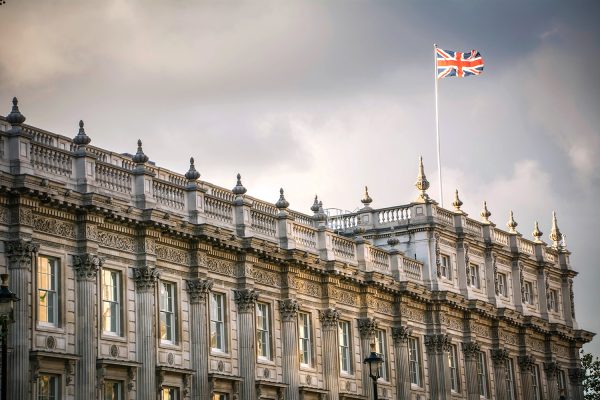
This website argued a few months ago that criticism of British prime minister David Cameron’s foreign policy tends to the absurd and that the United Kingdom is not retreating to the world.
On cue comes Foreign Affairs magazine with an article by Peter Martin that shows everything that’s wrong with this “Britain is in decline” theory.
Martin at least recognizes that Cameron came to power at a time when the misbegotten Iraq War had sapped Britons’ sense of foreign adventurism. But he gives the Conservative leader no credit for nevertheless maintaining an active foreign policy.
Instead, he presents as proof of British decline a laundry list of what he considers to have been foreign-policy mistakes, giving credence to Janan Ganesh’s argument in the Financial Times that when people accuse Cameron of disengaging from the world, “they mean he is engaging in a way they do not like.”
Laments
Martin claims that Cameron has “distanced” Britain from the United States — but only paragraphs later argues that it is “inevitable” that a country with less than 1 percent of the world’s population and 2.4 percent of its economy should be of less value to the superpower.
He accuses Cameron of “neglecting” Britain’s relations with Europe — without explaining what that actually means. It is an odd choice of words when the same prime minister is staking his legacy on a renegotiation of, and subsequent referendum about, Britain’s European Union membership.
Martin laments that Britain’s contribution to the war against the self-declared Islamic State in Iraq and Syria has been “strikingly modest” — but he never argues why the country should be more involved.
And he reports “much consternation in Washington” over Britain’s decision to join the China-led Asian Infrastructure Investment Bank, seen as a competitor to the World Bank. The Americans may have been right to worry or not, but again — this is not proof of British decline but a choice Martin happens to disagree with.
Buzzwords are not a strategy
As for what role the United Kingdom should be playing in the world, Martin volunteers a lot of material for a Foreign Service promo but doesn’t come close to outlining an alternative strategy.
Britain has the potential “to become a place where the theory and practice of globalization meet,” he writes. It has the city of London, “perhaps the most globalized place on the planet,” as well as “an impressive ability to project itself and its ideas globally.”
British leaders should use these strengths to remake the country into a thinker, convener and connector with the aim at promoting and improving globalization.
Which all sounds marvelous but really doesn’t mean anything concrete.
The reality
Britain is currently spending .7 percent of its national income on foreign aid and 2 percent of it on defense, matching United Nations and NATO benchmarks, respectively. It is one of few countries in the world to do so. It is setting up its first permanent military base in the Middle East in four decades, in Bahrain, and spearheading a rethink of what the European Union should be about.
Since David Cameron was elected in 2010, Britain has taken part in two wars: the first to remove Muammar Gaddafi in Libya, the second against the Islamic State. It still has troops in Afghanistan, Cyprus and seven more countries.
Reasonable people can disagree if those are the right priorities, but it is hard to look at Cameron’s policy and claim in earnest that he is allowing the United Kingdom to “slip into irrelevance.”
